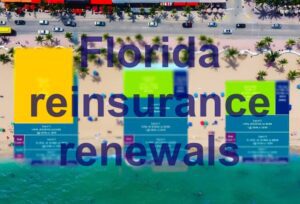Rare Policy Language Gives Insured Rare Victory on COVID-19 Claim
The Appellate Division of the New York Supreme Court affirmed the lower court’s denial of a motion to dismiss the insured’s business interruption claim arising from COVID-19 closures. New York Botanical Garden v. Allied Work Assur. Co. (U.S.), 2022 N.Y. App. Div. LEXIS 3792 (N.Y. App. Div. June 14, 2022). Our post on the lower court’s decision is here.
The insured was forced to cease operations after executive orders by the governor and mayor were issued in March 2020. The insured also had to reduce its in-person workforce by 100%. The insured’s claim for business interruption and contingent business interruption were denied by Allied. The insured sued for a declaratory judgment.
Allied issued a Pollution Legal Liability policy with unusual language for purposes of business interruption and COVID-19 claims. The policy defined “contingent business interruption” as “the necessary suspension of your business operations at a location owned . . . as a result of an order by a govern body denying access to the location . . . provided that” the suspension and the order must be “caused solely and directly by a pollution incident on, at or under an independent location.” “Independent location” was defined as “a location that is not and was not at any time a location owned, leased, managed, operated or used by an insured.”
Allied agreed COVID-19 constituted a “pollution incident,” but moved to dismiss. The lower court denied the motion and Allied appealed.
The appellate court affirmed. Allied failed to establish that contingent business interruption coverage was available only if the insured was completely denied access to its property. The policy contemplated coverage for periods when the insured would have some temporary access to the property, including periods involving potential partial resumption of operations to mitigate damages, which for the insured included maintaining its extensive plantings. The cases relied upon by Allied involved civil authority coverage in property liability policies and periods of complete denial of access due to physical damage and were inapposite.
The appellate court also affirmed the decision not to dismiss the insured’s claim for bad faith.




